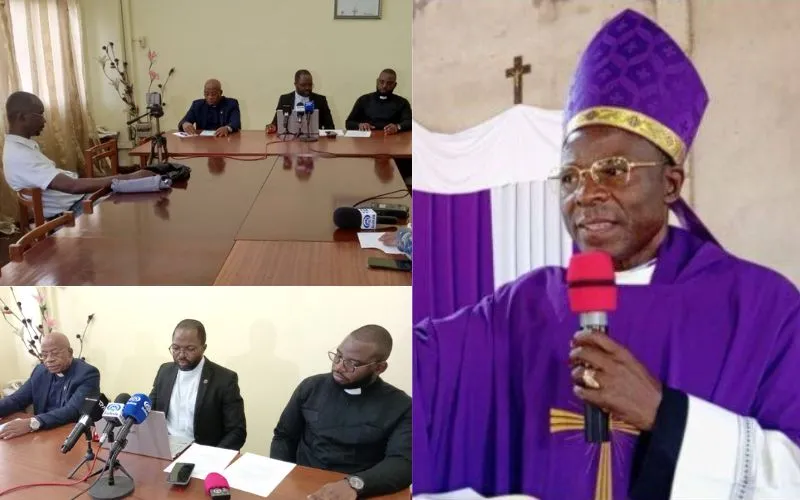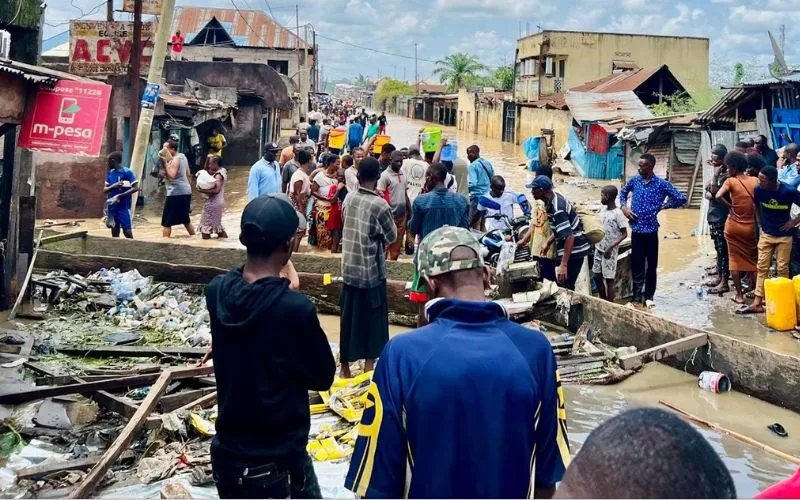Luanda, 06 April, 2025 / 10:46 pm (ACI Africa).
On the occasion of the 23rd National Peace and Reconciliation Day marked on April 4 in Angola, the Local Ordinary of the country’s Catholic Archdiocese of Malanje has called upon Angolans to collaborate with the government in the process of consolidating peace.
In his homily at the Chapel of the Bishops' Conference of Angola and São Tomé and Príncipe (CEAST) in Luanda, Archbishop Luzizila Kiala reflected on the significance of the day, which commemorates the 2002 peace agreement that the Angolan government and the rebel movement UNITA signed in Luena, Moxico Province, formally ending the post-election civil war of 1992.
“Celebrating peace is a continuous process that must involve everyone and not just be the absence of war,” Archbishop Kiala, and added, “Peace is not something that happens overnight; it needs attitudes of respect, dialogue, and commitment to the common good.”
Reflecting on the road traveled over the past 23 years since the end of the civil war, the Angolan Catholic Archbishop said, “Although the country has overcome war, building peace still requires the active collaboration of every citizen.”
“Over the years, peace has been won not only in the political field, but also in civil society, where interpersonal relationships and social structures need to be renewed. Peace is an ongoing process, and its success depends on all Angolans being committed to building a fairer, more united society,” Archbishop Kiala said.








